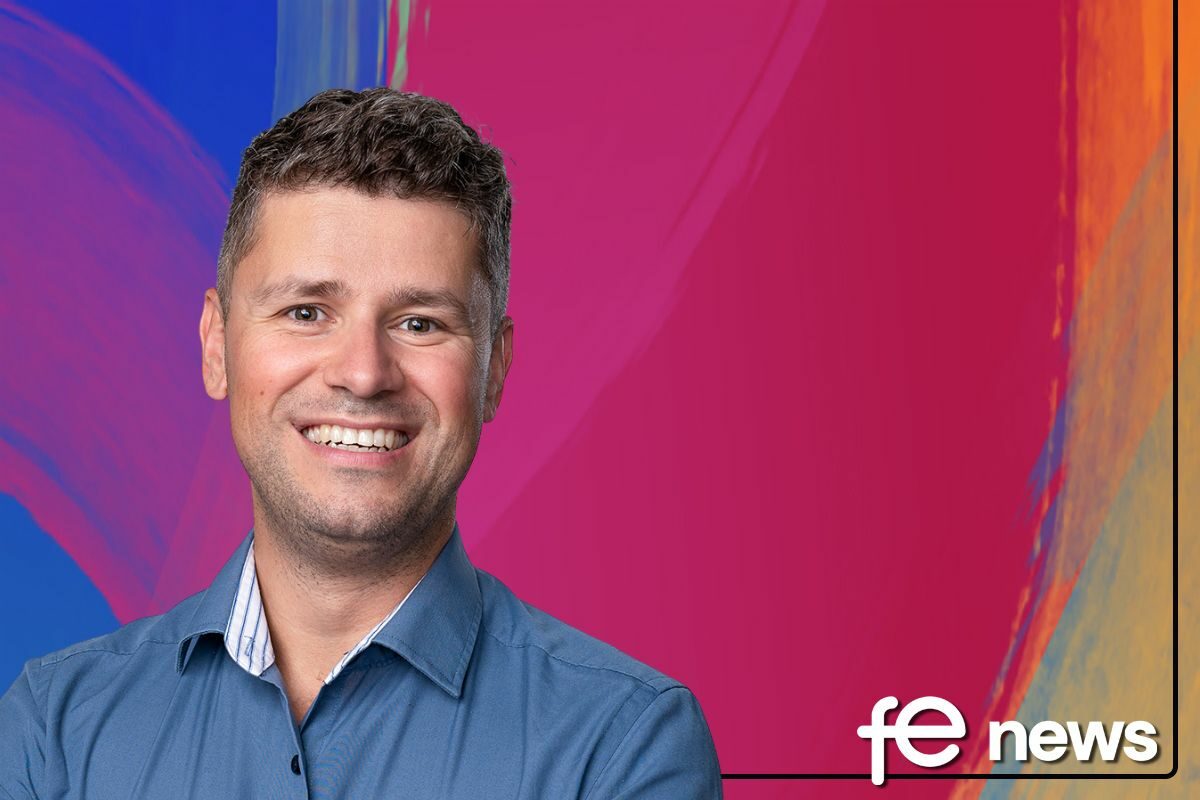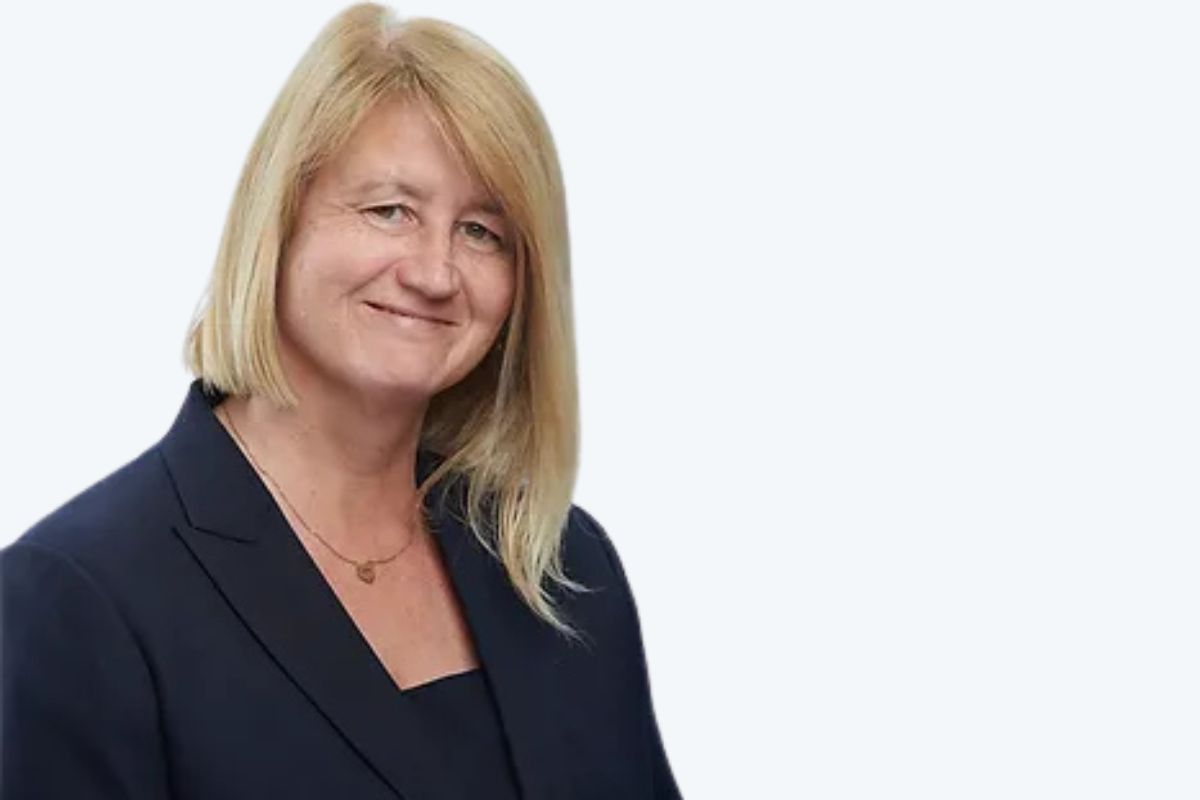Why high-quality music education must be accessible to all young people, in light of Queen Elizabeth II’s funeral

The power of music and its contribution to the UK’s cultural fabric was abundantly and poignantly clear for all to see at Queen Elizabeth II’s funeral earlier this week, however Lawrence Tubb, has warned strong musicianship is at risk of depletion if cuts to music education provision continue.
While the world watched in amazement of the visual splendour of the service and procession, for many it was the music that encapsulated the mood and significance of Her Majesty’s passing.
It’s important to recognise not only the efforts of those who played a part – whether that be through singing, playing an instrument or directing but also to acknowledge that none of this would have been possible without music education.
Headmaster of multi-award winning independent school Minerva’s Virtual Academy, Mr Tubb – a former Director of Music at top private school Wycombe Abbey for almost a decade – has warned that musicianship of this calibre is at risk of depletion if the subject isn’t adequately funded.
He said:
“Queen Elizabeth II’s funeral was a truly remarkable tribute to her life and devoted service. The service was thoughtfully and poignantly put together, particularly with regard to the music element of the service. It served as a reminder that in the uncertain times ahead, music can be instrumental in bringing us together and lifting us above adversity.
“Unfortunately, in recent years, cuts to music education provision have been devastating but events of this magnitude should serve as a reminder of the need for meaningful music education provision to secure music at these kinds of events and to train the musicians of the future.”
Mr Tubb is urging the Government to demonstrate a commitment to music education provision to ensure all young people are given the same opportunities, regardless of whether they are educated within the state or independent sector.
The recently updated National Plan for Music Education – dubbed ‘The power of music to change lives’, published this summer, aimed to pledge the Government’s commitment to music education.
Among some of the points set out in the plan, it states that music should be represented in every school’s leadership structure, with a designated music lead or head of department at school and/or academy trust level, for primary and secondary phases.
The plan also states that a Music Progression Fund will be piloted to support disadvantaged pupils with significant musical potential, enthusiasm and commitment. It will be delivered through schools and music hubs from Autumn 2023, with match-funded government investment over a four-year period.
Mr Tubb said:
“I hope our Culture and Education secretaries read this plan carefully and do their utmost to make what’s set out in it a reality. High-quality music education provides young people with opportunities and hope, as well as giving them an outlet to express themselves and shine, while working hard at something they enjoy.
“Music enriches lives and as the foreword of the plan states – should not be the preserve of the privileged few. Opportunities and a high-standard of music education should be available to all young people.”
The plan also calls for every school to have a Music Development Plan, which captures the curricular and co-curricular offer and sets out how it will be staffed and funded.
Much more than just virtual lessons, Minerva’s Virtual Academy offers many of the same elements as a bricks and mortar school, with weekly assemblies, after-school clubs and school trips to ensure that students are still part of a community, but with the added flexibility of learning from home.
Minerva also offers a rich and varied selection of creative arts sessions and, as of this term, pupils entering Year 10 at the school can now study Art & Design and Music at GCSE level.
By Lawrence Tubb, Headmaster of multi-award winning independent school Minerva’s Virtual Academy











Responses